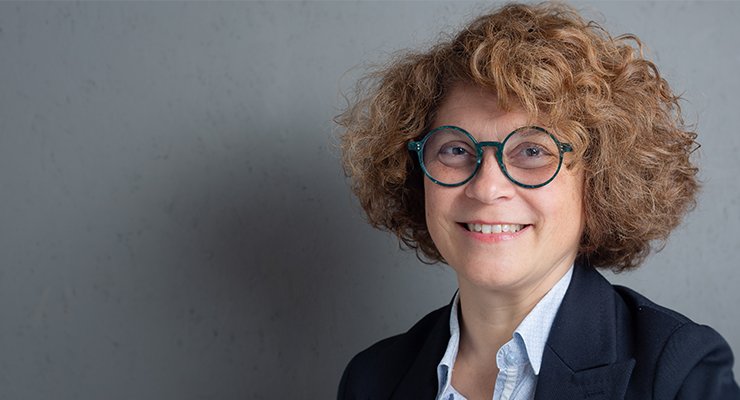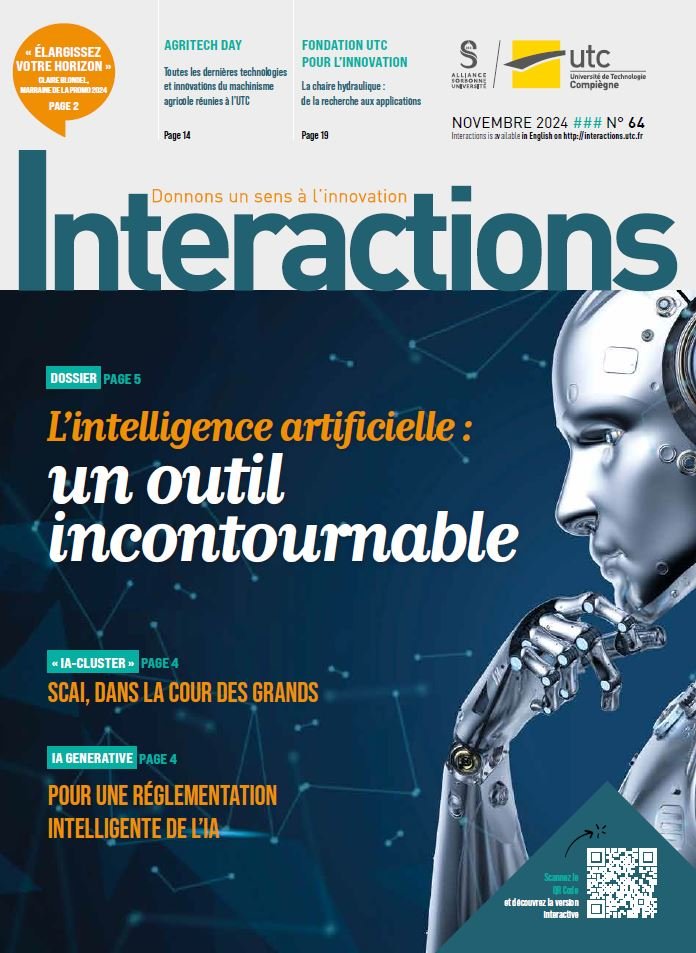Ever-improving Quality factors

UTC also has a quality department, or, more accurately, a “continuous improvement” department. As the name suggests, the aim of this approach is to identify possible improvements in the way the establishment operates and to deal with each one of them. The aim is to maintain the excellence of its engineering training.
Improving UTC’s internal operations is the credo of the Steering and Continuous Improvement Department (DPAC), created a year ago with the ambition of combining the dissemination of an active steering culture with that of continuous improvement within all UTC departments. The team leading this initiative, which is above all intended to be useful, participative and progressive, is involved in a wide range of actions. “The program is indeed vast. It requires each entity to know precisely to which of the establishment’s missions it contributes, with which other entities it shares its objectives, and how they are going to measure it together. The DPAC is working therefore not only on the definition of missions and roles, but also on the processes and procedures that contribute to these missions, as well as on the definition of measurement indicators and the production of their data”, explains Sabine Braule, Director of Steering and Continuous Improvement, whose role it is to coordinate the whole process with a quality project manager, two management controllers and a manager of the decision-making information system. All are committed to developing a culture of continuous improvement based on participation, information and training.
Several projects launched over the past year
“For example, we worked on the engineering school rankings and the international rankings of higher education and research establishments, which did not match our ambitions. We looked at the indicators used to define our positioning in relation to others and how we could improve them. This is how we came up with a new ‘signature charter’ for our scientific publications’, so that all publications emanating from the UTC would be effectively attached to it, which is not currently the case”, illustrates Sabine Braule, who also reviewed the declared scope of UTC resources used for research, taking into account funding provided by external entities. For the multiple rankings of engineering schools, the quality department has also differentiated the data and their circuits. “We are in the process of modifying data circuits, such as transfer scripts and data entry procedures, to improve the quality of data feedback while minimizing the effort required of departments. At the same time, this team is working on the “universes” in which the data is stored, so that it can be more easily cross-referenced and entities can draw up reports and analyses, without releasing and consuming too much energy.
A department also involved in the master plan to improve student life
Another action is the revision of UTC’s activity mapping. “We are working with the departments to formalize all our activities and major tasks. The idea is to share this mapping with everyone, to define who does what and how we do it. And, above all, we’ll be forcing ourselves to review all our operations annually, starting in the first half of 2025; some activities will already be part of this review exercise. The ultimate aim is to measure the effects of our actions collectively and to reflect on their relevance,” adds Sabine Braule. The DPAC has thus helped to formulate the “expected effects” of the Master plan’s ambitions to improve student life, by defining a number of indicators that will be used to verify that the Action plan is producing its effects. “For example, with regard to the ambition “to promote equality, respect and inclusiveness in all aspects of student life”, we are going to measure changes in the satisfaction rate of students concerning their personal fulfilment during their studies at UTC. To this end, a satisfaction survey has been prepared and will be distributed regularly on campus. But we will also measure the evolution of the means that the establishment contributes to this ambition: actions to raise awareness of the fight against sexist or gender-based violence (SGBV) and discrimination, as well as those linked to disability awareness. We’ll be measuring on a regular basis whether what we’ve implemented under this Master plan is indeed relevant.”
KD




